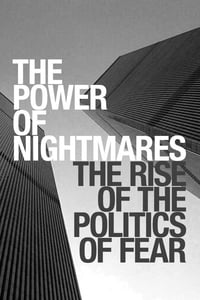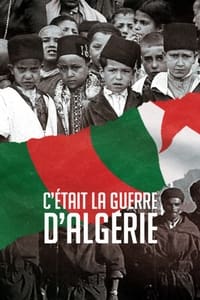Ali Haroun

Brève description:
Ali Haroun - Ali Haroun, whose full name is Mohamed Ali Haroun (in Arabic: علي هارون), born in 1927 in Bir Mourad Raïs, is a former nationalist activist of the FLN, Algerian politician and lawyer. After primary and secondary studies in Algiers, Ali Haroun continued his higher education in France, he obtained a law degree from Panthéon-Sorbonne, he passed the Certificate of Aptitude for the Profession of Lawyer (CAPA) and then the State Doctorate. He joined the FLN at the beginning of the November 1954 uprising, he was tasked by Mohamed Boudiaf to support Abane Ramdane in launching the newspaper Résistance Algérienne3, which would later become El Moudjahid. He went to France at the end of 1957 and in March 1958, he was appointed by the FLN, political leader of the FLN2 French Federation and for the organization of the collection of the revolutionary tax from Algerian workers and he will lead the fight without being arrested until the end of the war. On the eve of independence, he became a member of the National Council of the Algerian Revolution (CNRA)2 from 1960 to 1962, then elected deputy of Algiers to the constituent assembly2 from 1962 to 1963, he was among the 21 who called not to vote for Ben Bella and his constitution, his position pushed him to retire from politics. In 1963 he resumed his profession as a lawyer2 at the court of Algiers and at the supreme court, he pleaded in several political trials in the years 1960-1970. After the establishment of pluralism in 1989, Ali Haroun participated in the creation of the Algerian League for Human Rights (LADH). The LADH, close to power, was initiated in 1987 by General Larbi Belkheir to counter the Algerian League for the Defense of Human Rights (LADDH), independent and non-political, led at the time by Me Ali Yahia Abdennour. On June 18, 1991, he was called by the government of Sid Ahmed Ghozali to the post of Minister Delegate for Human Rights. The day after the electoral victory of the first round of the 1991 legislative elections by the Islamists of the Islamic Salvation Front (FIS) with 188 seats, the "Januaryist" generals of the Algerian army (ANP) decided, on January 11, 1992, to interrupt the electoral process. Ali Haroun, who supported this decision, was tasked by the "Janviéristes" with drafting President Chadli Bendjedid's resignation letter with Mohammed Touati. After Chadli Bendjedid's resignation, Ali Haroun, one of the five members of the High State Committee, was tasked for the second time by the "Janviéristes" with contacting Mohamed Boudiaf, a historical figure of the war of independence, exiled in Morocco, so that he would accept the "Janviéristes" proposal to take the head of the HCE to lead the country. Mohamed Boudiaf was assassinated six months after his inauguration. In 1995, he was one of the co-founders of the National Republican Alliance (ANR), a party that campaigns for democracy and secularism.






